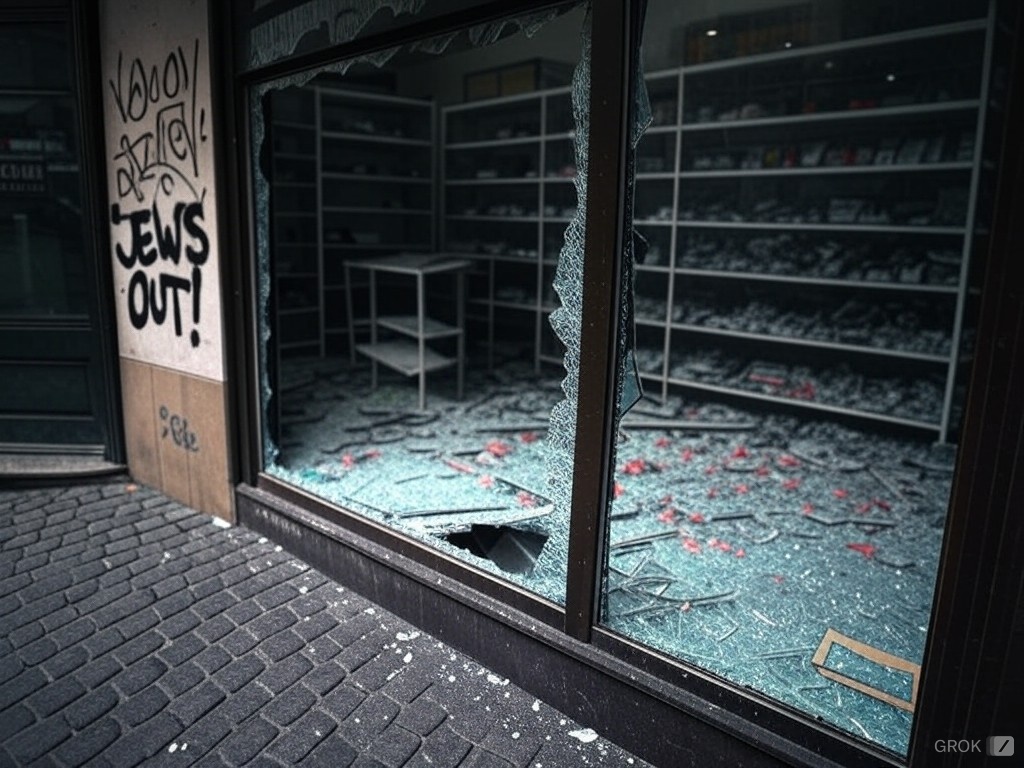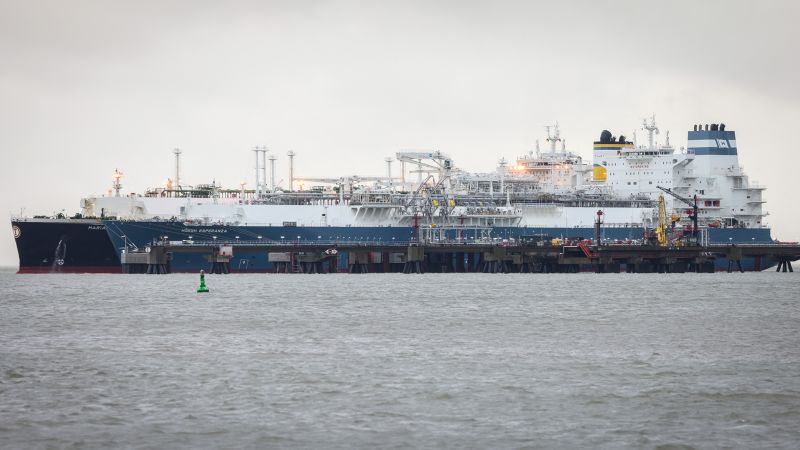World
“The Arctic Europe is underreported – the world should know more about it.”
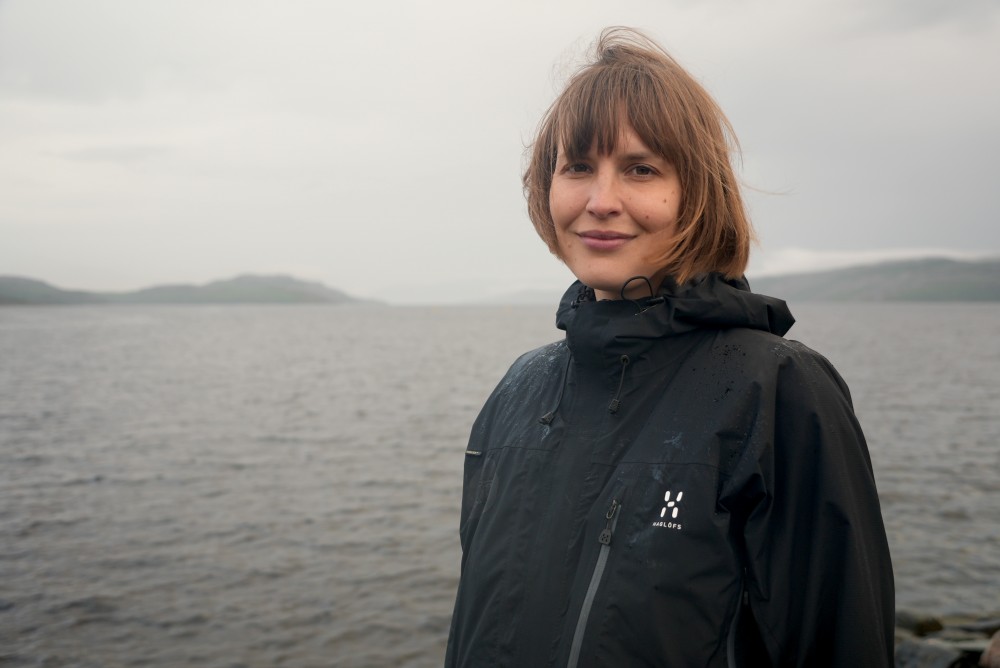
BO: Hannah, why did you decide to come work in The Barents Observer?
I first heard about The Barents Observer at a journalist conference a couple of years ago. The Barents Observer attracted my attention because it is located in the Arctic region – for me it’s a very interesting area. Partly because it is neighboring Russia.
After the full-scale invasion of Ukraine, my interest in understanding Russia and geo-politics has grown.
Before that, I used to cover local news in Helsinki for the Yle in Swedish. At the BO I now have the opportunity to write about wider geo-political topics.
The Arctic region is also interesting because climate change is happening faster here, than anywhere else in the world. It’s very interesting to understand that and how that affects the rest of the world.
We don’t hear much about the Arctic region in the Nordic South. We don’t have that many journalists up here, we don’t hear that much specifically also about the Lapland.
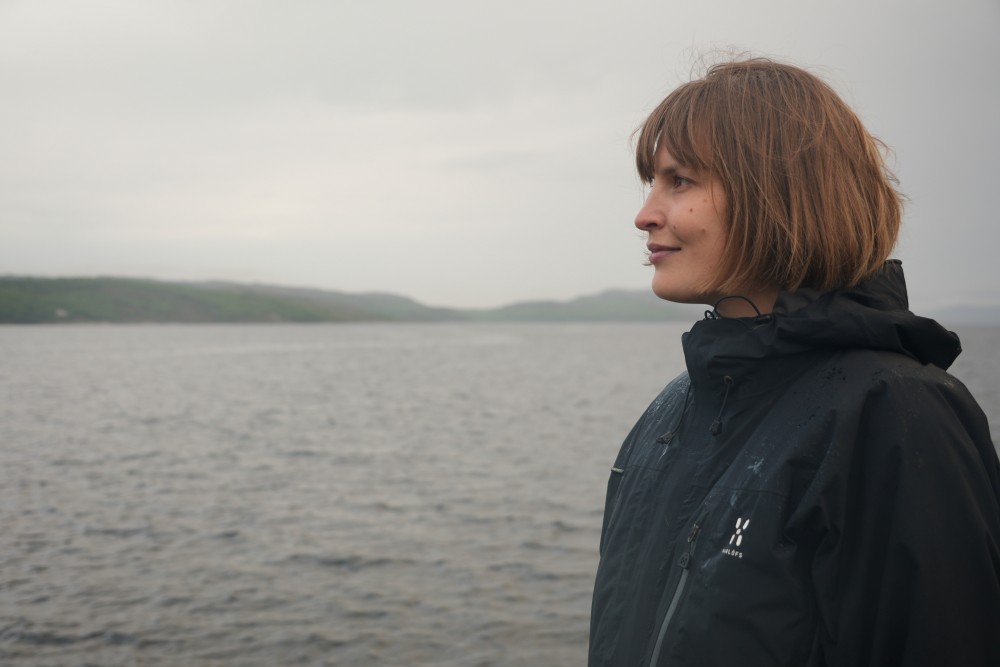
ADVERTISEMENT
The Finnish Lapland is mainly known around the world as the birthplace of Santa Claus – what is there else you want the world to know about this region?
Now due to the green transition and the EU’s goals to change the whole energy system, Lapland is gonna play a big role in this transition.
What I mean is the mines, the minerals in Lapland, we talk about wind power and solar panels. This is a very, very big thing now.
You are now based in Kirkenes – in 20 minutes drive from the border with Russia. But Finland where you grew up – also borders Russia and has had a long history with the neighbor. How has the perception of Russia been as you grew up?
In my family, we haven’t really talked about Russia that much. I have never visited Russia. My grandfather fought in the Winter War (30 November 1939 – 13 March 1940). Afterwards, there had always been that fear of Russia. In my family, we would look more to the West, and traveled to the Western countries, to central Europe.
When my parents grew up people didn’t really talk about the war. For generations, people in Finland remembered it. The narrative that I grew up with is that compared to the Soviet Army, the Finnish army had much fewer men, but we knew how to fight in winter conditions. But then years after the war, my generation, we thought the threat was gone.
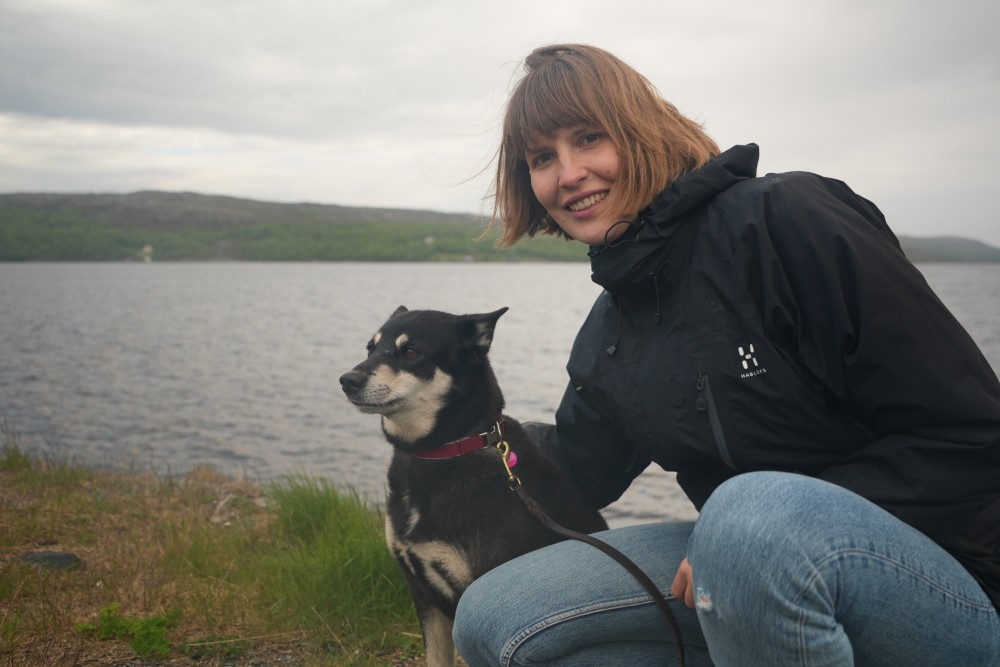
But, as you mentioned, Russia’s invasion of Ukraine in February 2022 changed everything and Finland is now even part of NATO…
The war of aggression on Ukraine was a wake-up call. The threat that we thought was gone, turned out to be still there and I realized history matters. We need to understand what we are dealing with, we need to understand what is happening. And when I say the history matters it also applies to Finland – we have to know the history not to repeat the mistakes of the past.
My parents grew up in Finland where the politics was aimed at not irritating Russia. After the full-scale invasion of Ukraine, the political tone has totally changed. Being part of NATO Finland feels it has safety that we didn’t have before.
As a local reporter in Helsinki in 2023, I interviewed Ukrainians but also got to talk to Russians in exile there and realized what a pain and sorrow all is. And I realized this is happening next door, but I don’t know much about Russia. I don’t know too much about people from there and their experiences.
In Helsinki some Russians told me they didn’t dare to speak Russian in the streets because of the war – there was a stigma against them.
This is also an issue that needs to be talked about. There is a difference between the regime and the people of Russia. I don’t see the Russian people as a threat.
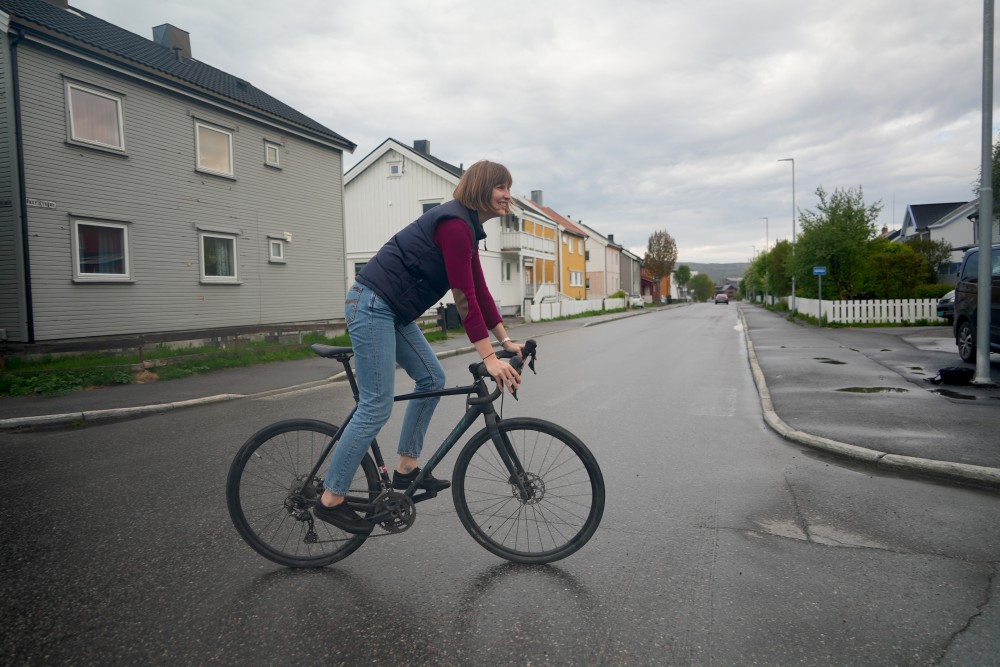
You’ve been here in Kirkenes for a month already – what is there new that you learned about this border area?
I was really amazed to realize that before the war Norway used to have a way more friendlier relationship with Russia, than Finland.
Before arriving here, Kirkenes has been a blindspot for me.
After arriving here I realized that it was actually the only land border that had been open all this time between Russia and Norway, but now it’s closed. I’ve learned about the growing tension between Norway and Russia now.
At the Barents Observer, you now work with Russian colleagues who have had a very different professional experience in Russia – in a country with no press freedom. You are from Finland where press freedom has been flourishing for generations. Do you feel the difference?
It’s really very interesting to work with my Russian colleagues now. They are very brave. I feel respect towards them. I realize that my Russian colleagues had to leave their country to continue to be journalists. They didn’t want to write propaganda.
I don’t think I can even imagine what this is like. There is something I noticed during our editorial morning meetings or listening to the stories of my colleagues – I realized that I am “spoiled”… Press freedom is something that we sometimes take for granted. That we in Finland, for example, or Norway or Sweden – we can write about whatever we want. You can have freedom of speech here, nobody is gonna hunt you down, and you don’t have to fear for your life.
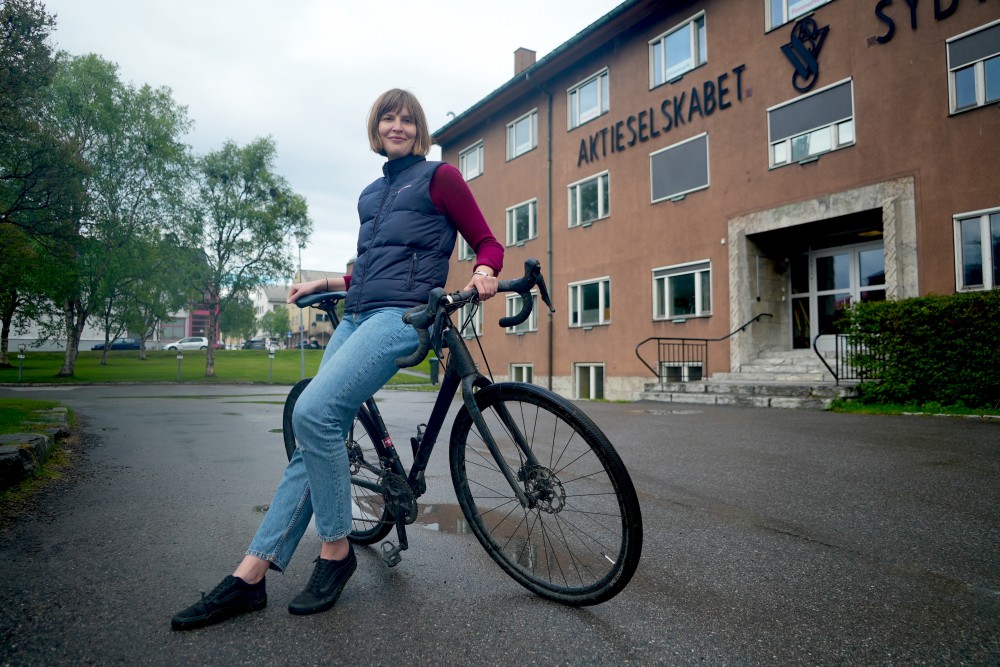
I see that my colleagues here at the Barents Observer stand very firmly by the idea that freedom of speech is the fundament of democracy. They had to pay the price for it that I have never had to even consider paying it in any way. It’s an eye-opening.
Even though we in Nordic countries don’t have to fight for it to such a scale. But it is something that we can’t take for granted. As journalists around the world all of us must fight for freedom of speech all the time.
It’s important to stay alert anyway. But in Finland, for example, the stakes are different. There will always be those who want the truth to be silenced. In Finland most likely someone may be won’t answer the phone anymore, you will lose a source, and someone will fire you. But you won’t lose your life or freedom…
Why do you think that the climate change issue is an important topic to report about?
The climate is the biggest problem we have on our hands at the moment.
The planet is warming.
If it warms too much our ecosystems are gonna change so much that we will see new types of conflicts in the world. Water and food systems will collapse, we will face increased climate migration, health issues and even bigger loss of species. All of this is already happening to some extent. In Nordic countries, some people complain about immigrants – but it’s nothing compared to what’s gonna happen if the floodings and other extreme weather events increase. A lot of people will be displaced.
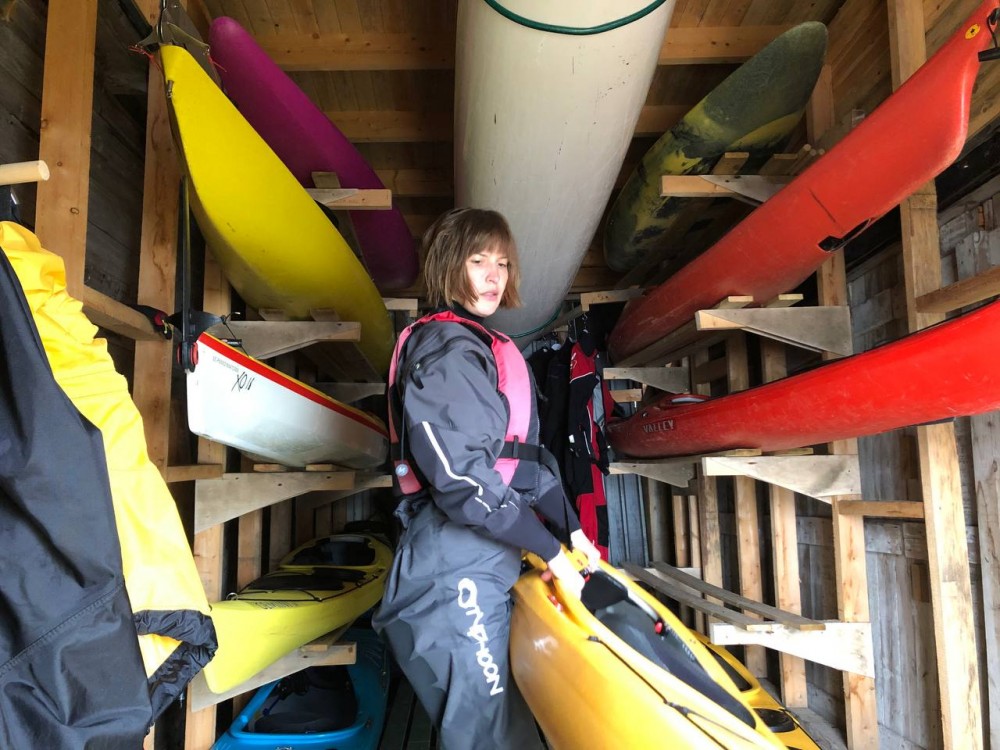
How do you in your personal life contribute to reducing climate change?
I try to buy as little stuff as I can. I try to buy things that will last for a long time. I do a lot of research before I buy something and prefer second-hand.
I eat mainly vegan. When you look at CO2 emissions from agriculture – beef is the biggest CO2 emission source. When you look at lentils, beans, and oat production – the emissions are very low. In my opinion, veganism is undoubtedly the most climate-friendly diet.
When I lived in Helsinki, I biked everywhere and took a metro or a bus. I bought a car for Kirkenes especially when realized that I can’t be without a car here in the Arctic. If you live in the North, distances are longer, it would be hard to be without a car here.
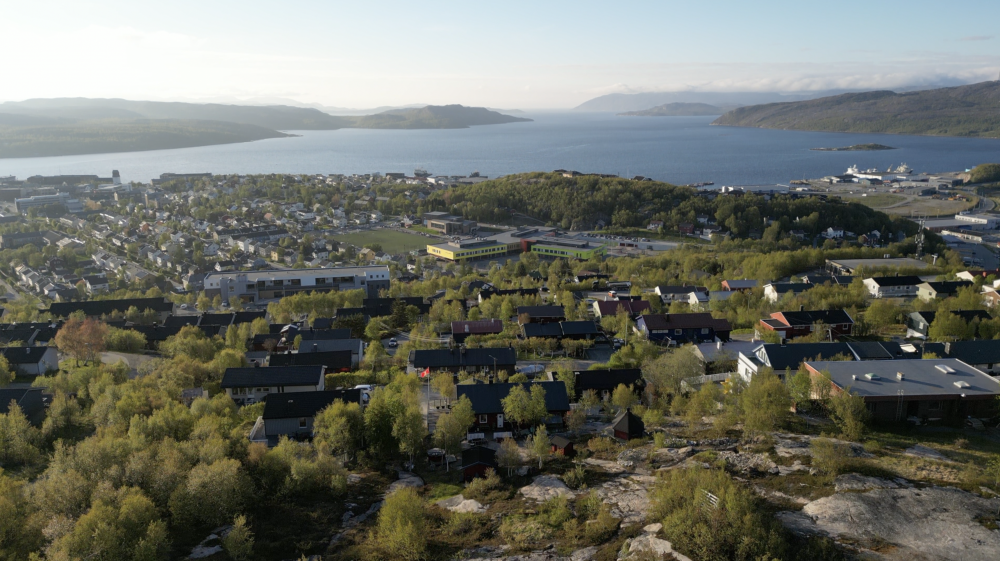
From the capital Helsinki to the small Arctic town – how does it feel like to live in Kirkenes?
I enjoy it a lot. For me, it’s lovely that there is space and that its more quiet. In a big city, there are sounds all the time, it annoyed me a little bit.
I really enjoy being so close to nature, especially when I can walk with my dog Myren. In Kirkenes, there is a room to walk on the pavement. In Helsinki, there are always people walking on the pavement.
I have also joined the local kayak group here – I’m taking a course to explore fjords. In my free time I also mainly walk and run on the trails. I try to explore a new trail every day with my dog. I’m very happy that my colleagues like her and I can bring the dog to work. I think she is more popular than me. (smiles)

